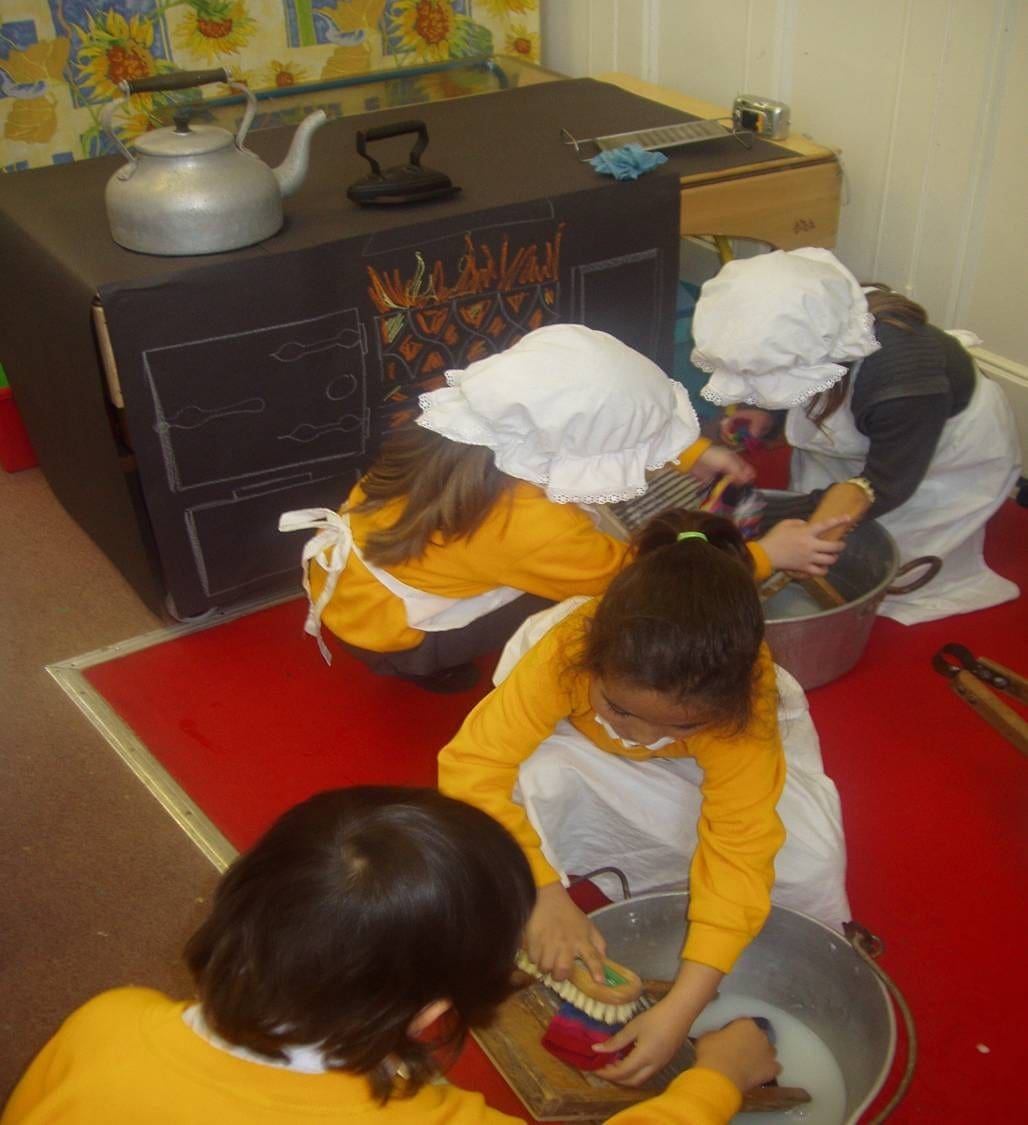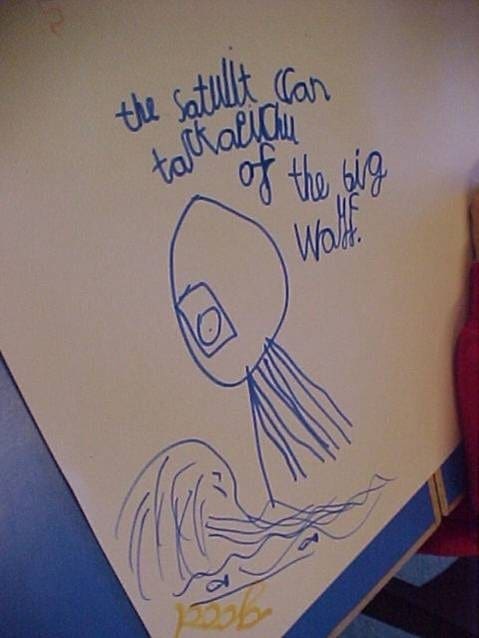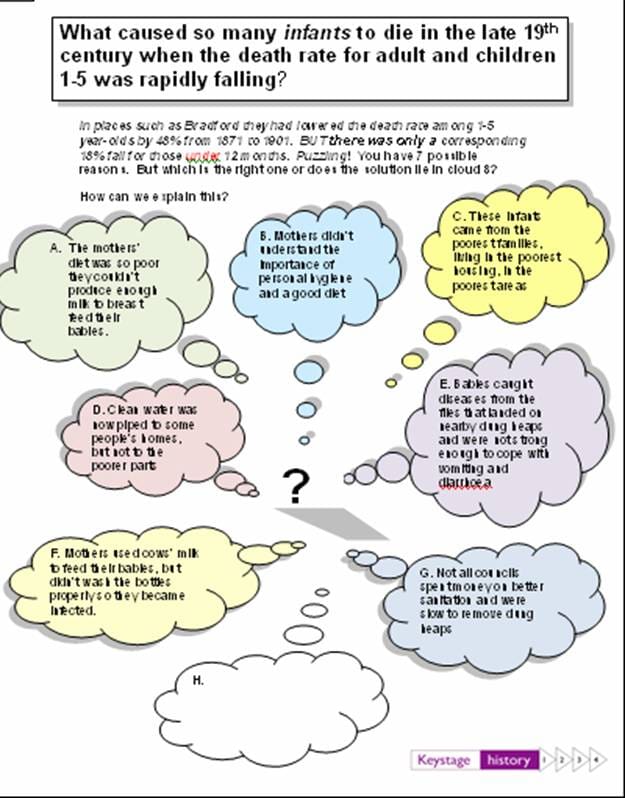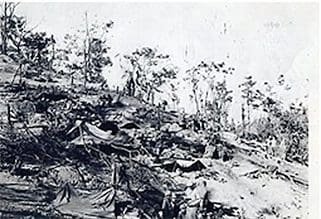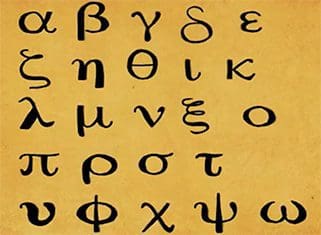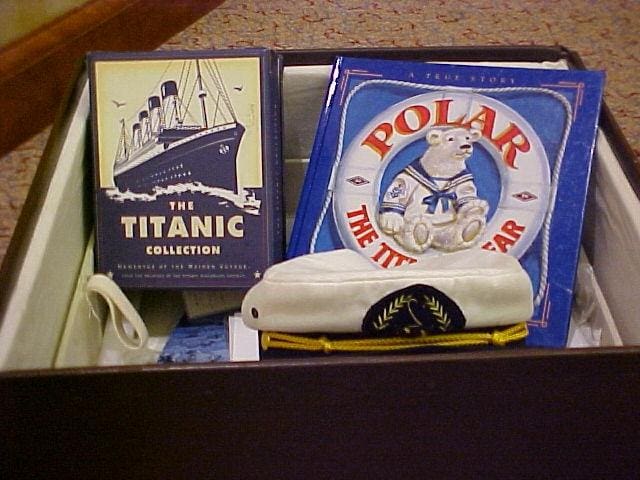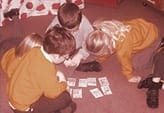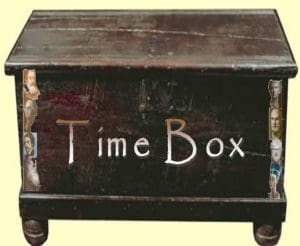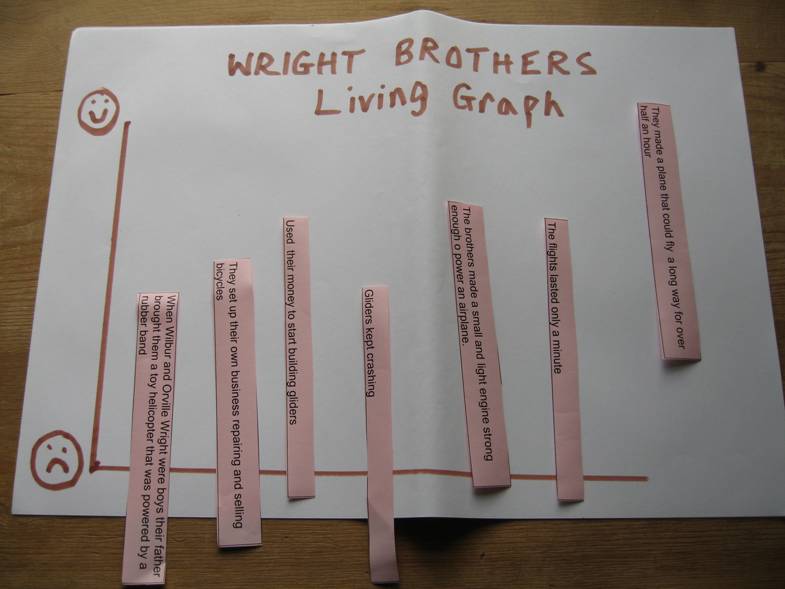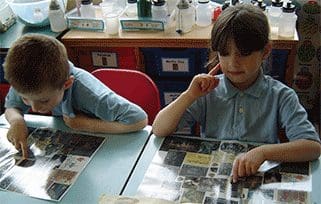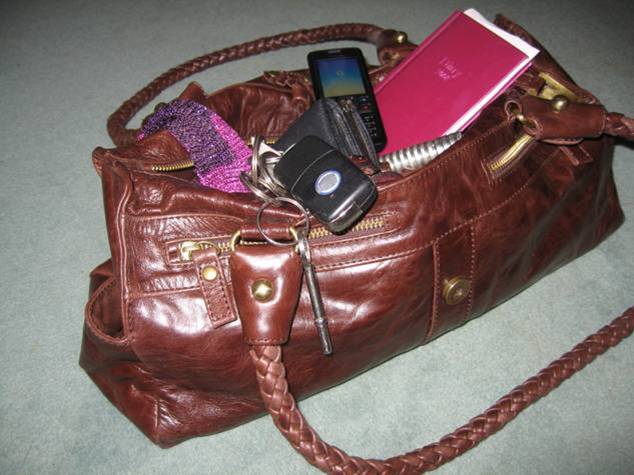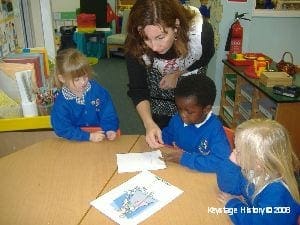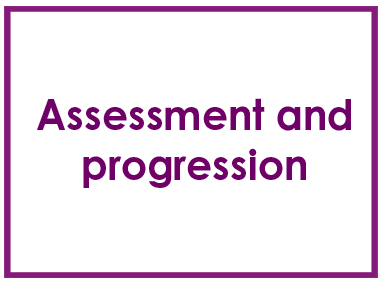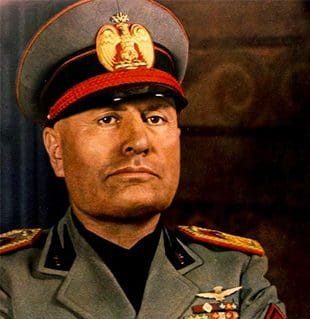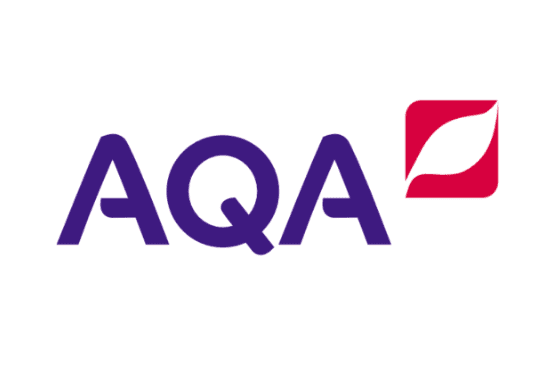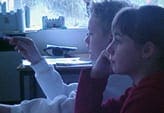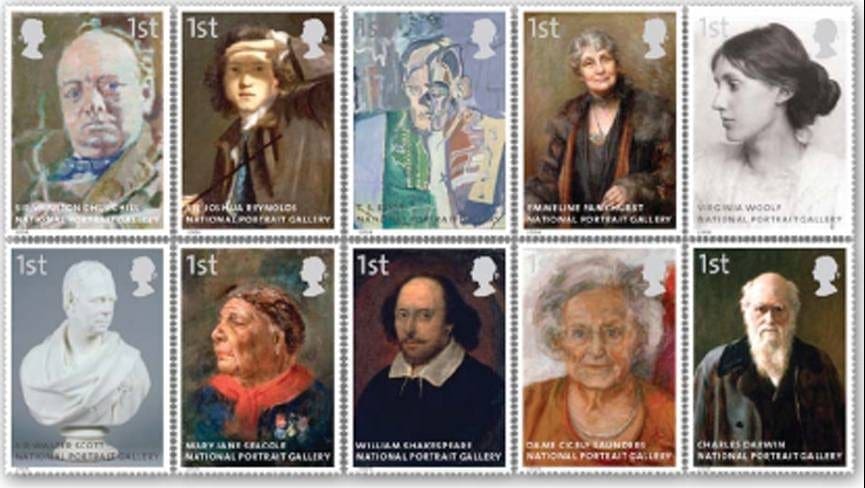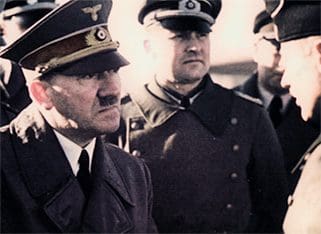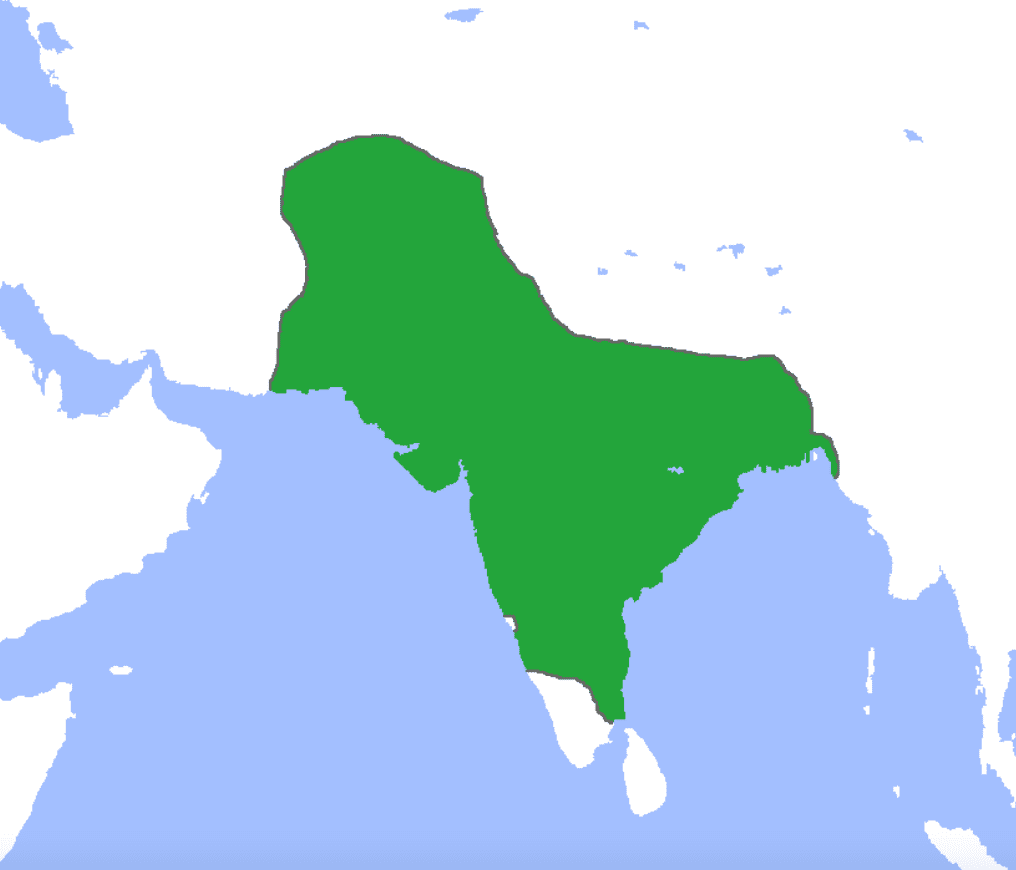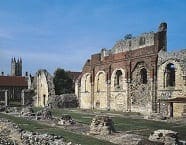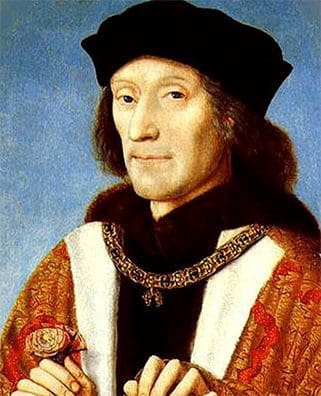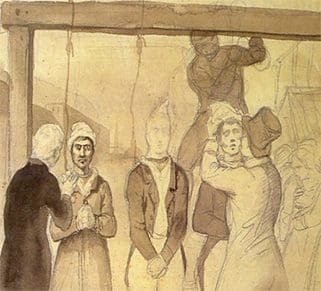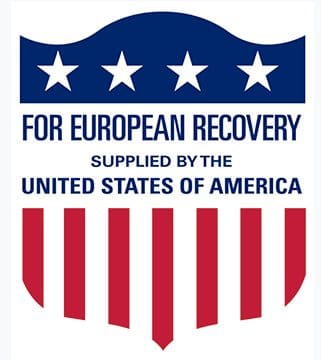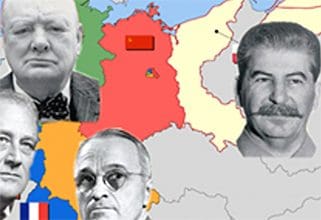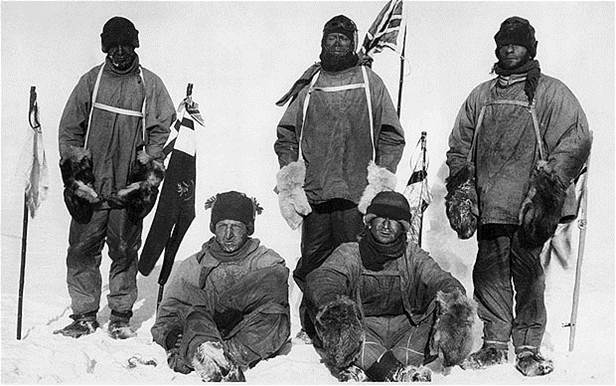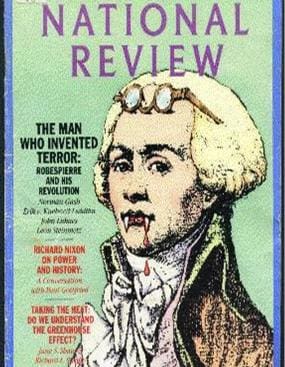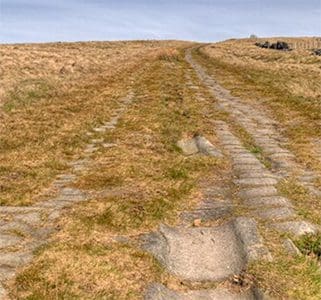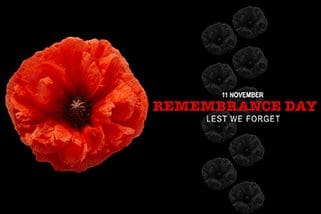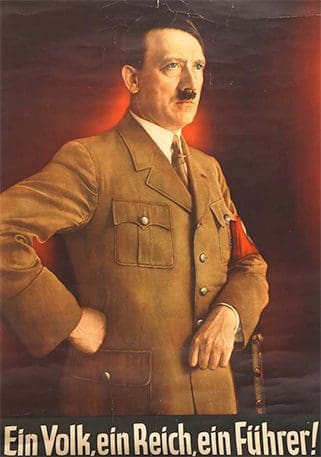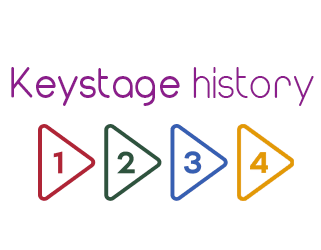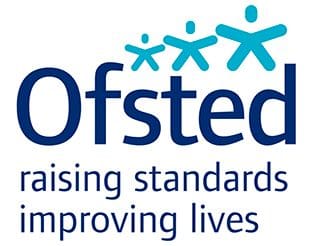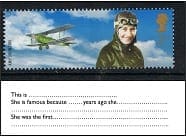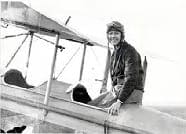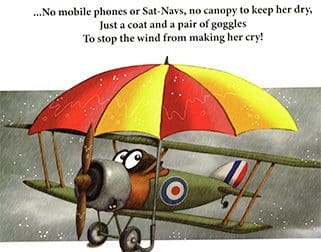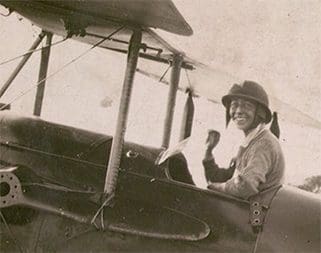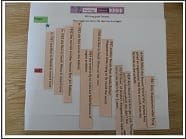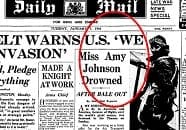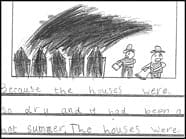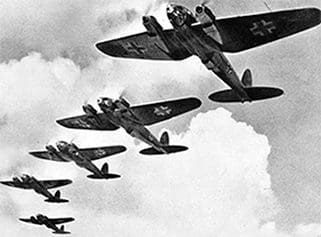Keystage history
Gender issues in history at Key Stage 1
It is tempting when thinking about boys’ achievement to focus on teaching and learning, but there is a stage before…
Read MoreGifted and Talented in history at KS1
Much has been written in general terms about identifying and then catering for able pupils in history. OFSTED and others…
Read MoreMotivating pupils in history at Key Stage 1
The essence of what appeals to pupils can often be summed up by the words, People, Puzzle and Point. Children…
Read MoreSmart Task Puzzle Corner – Why did so many infants die when the death rate was falling?
Puzzle corner: SMART thinking skills task on why so many infants continued to die before their first birthday at a…
Read MoreWho started the Korean War? Smart Task
In this short starter smart task students are given two contradictory accounts of the start of the Korean War, both…
Read MoreReally effective strategy : Dear Producer (video critique) features in new KQ6 lesson on Ancient Greeks
Those of you familiar with the technique Dear Producer will know that it asks pupils to evaluate how well a…
Read MoreUsing artefacts to help children’s historical understanding at Key Stage 1
Since the early 90s, artefacts have become increasingly available either to purchase or to loan. Many firms offer useful replicas…
Read MoreUsing ICT and film at Key Stage 1
This section alerts you to where you will find examples of published best practice as well as featuring a few…
Read MoreTeaching chronology at Key Stage 1
Mention the teaching of chronology to most infant teachers and their eyes glaze over. Their experience is that it is…
Read More‘100’ great ideas for teaching history at KS1
At present there are nearly 80 ideas arranged in alphabetical order. You will see that a brief description is offered,…
Read MoreWhat makes an outstanding lesson in history at KS1?
There are no separate OFSTED criteria for outstanding primary history let alone for infants alone. The criteria HMI use are…
Read MoreThe teaching process in history at KS1
The approach offered on this site is only one of many you might know, or even use. Heaven forbid that…
Read MorePersonal & Family: Ourselves Key Stage 1
It is not always easy knowing what history to teach very young infants. There are three main issues. How do…
Read MoreTeaching Myself – Muddled Bags
As you would expect, it is far better to start with the children themselves and images of them growing up,…
Read MoreTeaching Nursery Rhymes to Key Stage 1
This topic is extremely well suited to children in Year R as part of the Foundation stage curriculum. Not only…
Read MoreUsing minute papers to monitor student progress in GCSE and A level history lessons.
Minute papers are small doubled-sided A5 sheets, blank other than the pre-printed heading which is always in the form of…
Read MoreWhen Italy signed two peace treaties with Abyssinia just 7 years before, why then did Mussolini invade in 1935? Explanation builder
Students are given a short answer to this question that appeared as an answer on the Student Room website. It…
Read MoreWhat can the Ancient Greeks tell us about leading history at KS2?
In these days of accountability and showing that we are doing what is required, there is a temptation for subject…
Read MoreHow the boards differ in their approach to the historic environment
AQA The historic environment is 10% of the overall course which equates to approximately 12 hours out of 120 guided learning…
Read MoreAssessing students’ understanding of the historic environment in the new GCSE history courses
As we await the verdict of OFQUAL on the draft submissions for the new 2016 GCSE history courses, one of…
Read MoreApproach to teaching Significant Societies at Key Stage 3
As part of the current curriculum schools are required to teach at least one significant issue or society. Several options…
Read MoreImaginative and effective teaching strategies for A2 and AS history
Finding high-quality advice on teaching A2 and AS history is a difficult and time-consuming job. With so much post-16 work…
Read MoreTeaching local history at Key Stage 3
What does it mean by local? The current curriculum makes it mandatory to include a local history study in your…
Read MoreMary Seacole – How should we remember her?
This lesson is the second featuring Mary Seacole. In the first her role was compared with Florence Nightingale’s. The focus…
Read MoreWas Hitler totally responsible for the Second World War?
This smart task looks deceptively simple, and should serve as a useful introduction, leading on to some sophisticated analysis exploring…
Read MoreWhy study the Mughal Empire at Key Stage 3?
Reasons for studying this period above the other tempting options are: The Mughal Empire was the greatest of the Muslim…
Read MoreTeaching Local History at Key Stage 2
So, where do we start if we haven’t a clue about Local History? Unlike all other areas of study Local…
Read MoreAS/A2 SMART TASK Threats to Henry VII, a living graph
Students create event cards for homework by way of preparation for creating a multi strand living graph showing the degree…
Read MoreIf the Bloody Code made so many offences punishable by death, why were so few criminals hanged? SMART TASK
Fun lesson in which small groups have to predict punishments meted out for specific crimes in 1786 using original documents…
Read More50 imaginative learning activities to use in history at Key Stage 2
Currently these top 50 imaginative ideas are just listed in alphabetical order with a brief description of each, cross-referenced to…
Read MoreViews of learners on history at Key Stage 1
There has been very little published research on the views of infants on their history work. I think we might…
Read MoreThe Marshall Plan: How should we interpret it? Just how philanthropic was it?
The activities in this very varied lesson ask students to raise questions, place sources on a continuum, add analysis to…
Read MoreAS/A2 SMART TASK Did the ending of the Second World War make the Cold War inevitable?
In order for students to form their own view on this challenging question they read, discuss, sort and then place…
Read MoreHow much Irish history do your pupils learn?
Lise Hand the Times columnist recently described a visit to see the film Michael Collins with her well-educated and well-known…
Read MorePhoto of Scott’s disconsolate team at South Pole up for sale
Pupils have often wondered how a photograph could possibly be taken showing all five of Scott’s team in shot, given…
Read MoreFrench Revolution-what do the 1793 playing cards tell us?
Interesting new lesson on using 12 colourful playing cards to encourage students to work out what mattered most to the…
Read MoreWhy did the Romans spend so much time building roads? KS2 short task
From Diamond 4 to ‘Roving Mike’ and kids’ wiki. This simple short task gives groups of pupils, 3 per group,…
Read MoreHow will your school commemorate the end of World War One in 2018?
This short advice sheet invites schools to consider how they will commemorate the centenary of armistice day and provides an…
Read MoreHitler’s propaganda: the cult of leader. Reading internal clues. KS3 & 4 Smart Task
The aim of this short task is to encourage students to look really closely at images for what is there,…
Read MoreExcellent animation of how Stonehenge was built
Great English Heritage showing how Stonehenge was built WATCH: The brilliance of our prehistoric ancestors and the creation of @EH_Stonehenge…
Read MoreAs a history subject leader, do you hold your colleagues to account?
It is a truth universally acknowledged that it not good for one’s health to read OFSTED reports in the summer…
Read MoreAssessment in history at KS2- What OFSTED is looking for
Mention the words ‘assessment in foundation subjects’ and you’re likely to be met with a frosty response. ‘Its hard enough…
Read MoreAmy Johnson – KQ1 – Why do you think Amy Johnson was famous?
With the help of the slow reveal of the clues in carefully arranged order, pupils build their knowledge of Amy…
Read MoreAmy Johnson – KQ2 – How did Amy the secretary end up being the first woman to fly to Australia?
This short, fun activity using mime and props, tells the story of Amy Johnson’s first flight to Australia in a…
Read MoreAmy Johnson – KQ3 – Why was flying to Australia so difficult for Amy Johnson?
Having heard the story of Amy Johnson’s life, pupils are now asked to focus their attention on explaining why it…
Read MoreAmy Johnson – KQ4 – How did people react to Amy Johnson’s famous flight?
How did people react to Amy at the time, and how do we know? Children generate adjectives to describe Amy’s…
Read MoreAmy Johnson – KQ5 – How did things change for Amy Johnson after her famous flight?
Was Amy really successful for the rest of her life? A Living graph Smart Task KQ5 The focus here is…
Read MoreAmy Johnson – KQ6 – How can we solve the mystery of what happened to Amy Johnson?
This enduring mystery has puzzled historians for over 75 years. New evidence has just come to light which makes this…
Read MoreKS1 Star Lesson on The Great Fire
Why did the Great Fire of 1666 burn down so many more houses than other fires in London at that…
Read MoreWhy did Germany lose the Battle of Britain?
If Britain was only a few days away from defeat in August 1940 how on earth did she win the…
Read More
